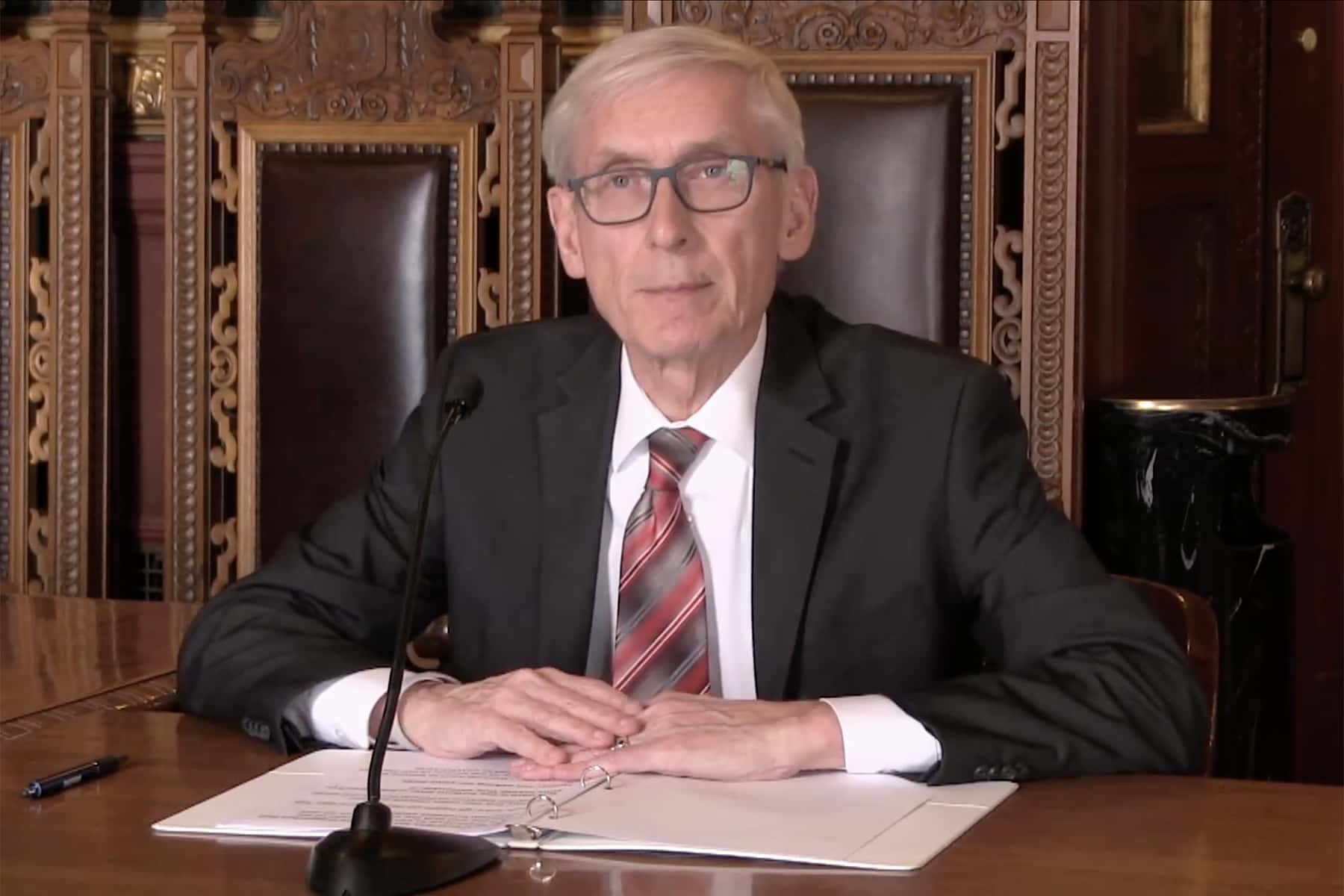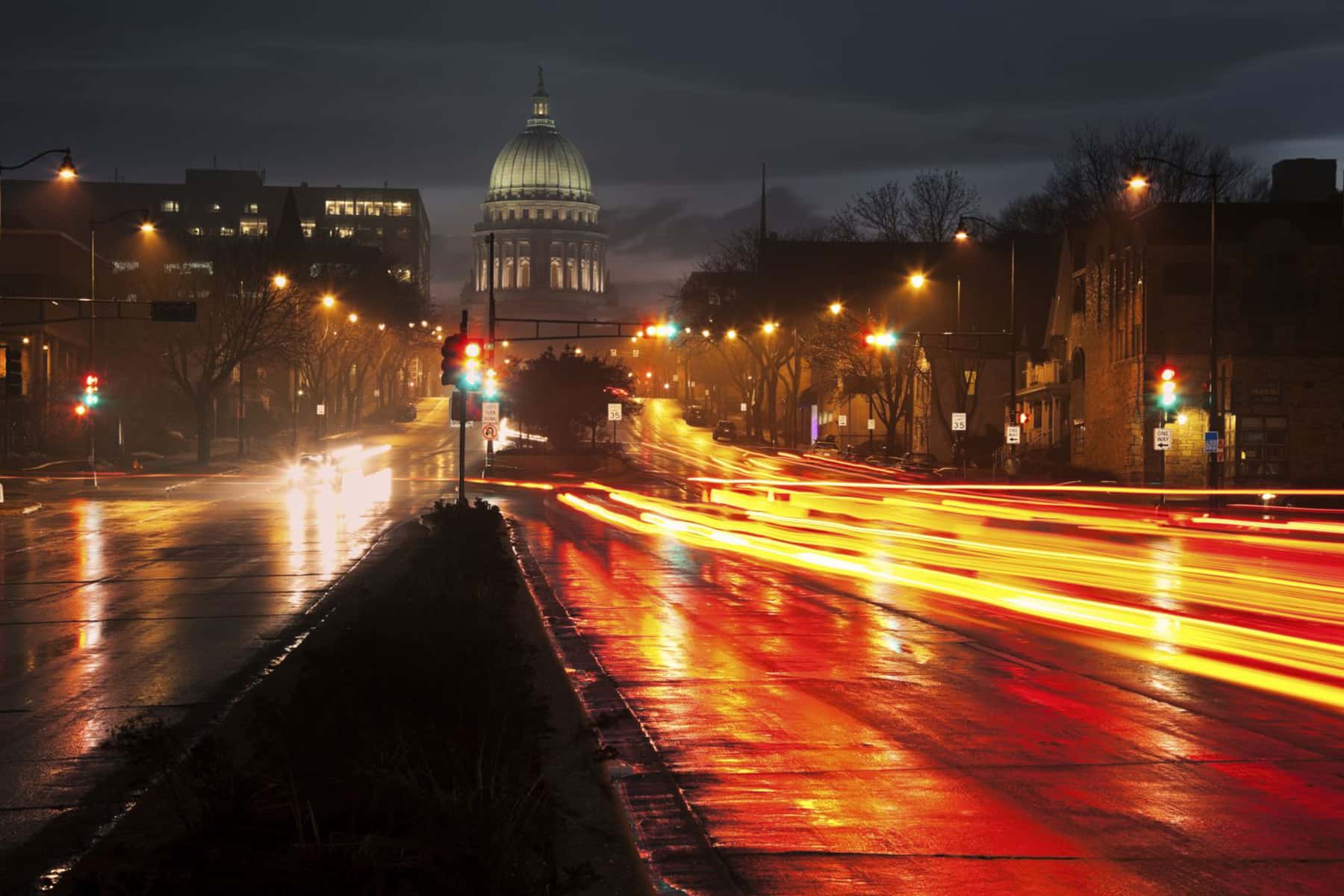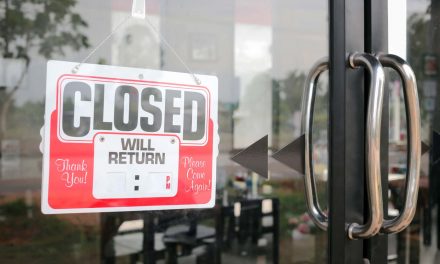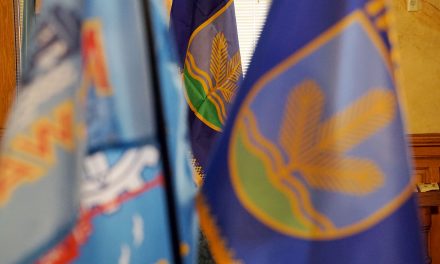
Governor Tony Evers said on Monday, March 23 that he will order the closure of all non-essential businesses starting Tuesday, March 24. He went on to urge state residents to stay at home to slow the spread of the COVID-19 virus that has killed five people in the Wisconsin and infected more than 400.
The order from Evers, which he is calling “safer at home,” follows his orders to close the state’s K-12 schools and various businesses, including bars, restaurants and hair salons. He also limited gatherings to no more than 10 people. The Governor said that many unanswered questions about the order, including the full list of exemptions and how long it would be in place, would be released on Tuesday.
“We have in the past and will continue to ask people to stay at home, stay at home, stay at home,” Governor Evers said. The additional closings, and exhortations for people not to leave home, came about because state health experts told him “we’re not getting to the point we wanted to be.”
Governor Evers said he made the decision in consultation with public health experts, business leaders, and local elected officials. The tighter restriction mirrors what other states have done, including neighboring Illinois, to try and force people not to leave their homes or interact with others unless absolutely necessary.
Those who provide essential care and services, such as doctors, nurses and other in the health care industry, grocers and family caregivers, will be granted an exemption, Evers said. But everyone else should limit their travel to essential needs like getting groceries and medication and going to the doctor and stay 6 feet apart from anyone else, he said.
We have been working hard to ensure the health and safety of the people of our state as we have responded to COVID-19. We’ve taken important steps, but folks, time is of the essence. So today I’m announcing we’ll be issuing a #SaferAtHome order tomorrow. Here’s what this means:
As we’ve worked to respond to and prevent the spread of COVID-19, we’ve have been careful to listen to public health experts and to be mindful of the effects our proactive steps could and will have on our frontline workers and the most vulnerable in our communities. Over the past few days, I’ve talked with public health experts and with business leaders and local elected officials around the state. Overwhelmingly the response I heard is that we need an all-hands-on-deck approach to stopping the spread of COVID-19 in Wisconsin.
In fact, business leaders have suggested that it is imperative to slow the growth of the disease and that the state cease all non-essential business statewide. nd, folks, all hands on deck means you, too. I know this has been difficult and has disrupted the lives of people across our state.
That’s why issuing a #SaferAtHome order isn’t something I thought we’d have to do, and it’s not something I take lightly. But here’s the bottom line: folks need to start taking this seriously.
People across our state are still out and about unnecessarily that are putting our friends, our neighbors, and our communities at risk. Please #StayHome and help us save lives. We also need folks to limit their interactions to the same people, not different small groups. Shrinking your circle of interactions will help prevent the spread of COVID-19. Unfortunately that means no sleepovers, no play dates, and no dinner parties with friends and neighbors.
We’re all in this together, and each and every one of us has to do our part to help slow the spread of COVID-19 so we can #FlattenTheCurve to ensure our doctors, nurses, and healthcare workers have the opportunity to do their important work.
You can still get out and walk the dogs—it’s good exercise and it’s good for everyone’s mental health—but please don’t take any other unnecessary trips, and limit your travel to essential needs like going to the doctor, grabbing groceries, or getting medication. Workers providing essential care or services in our communities will be allowed to continue to travel to and from work. That includes folks like healthcare professionals, grocers, family caregivers, among other people whose work is critical for folks across our state. If it’s essential for you to go outside, please stay 6 feet away from others and shared spaces such as park shelters and visitor centers. There will be additional details soon about what this order means for you, but I wanted to give everyone the opportunity to prepare and plan ahead so you can help do your part to keep our friends, neighbors, and communities safe.
For most people, the coronavirus causes mild or moderate symptoms, such as fever and cough. For some, especially older adults and people with existing health problems, it can cause more severe illness, including pneumonia.
The goal is to slow the spread of the disease so there isn’t a surge in patients that overwhelms hospitals and health care workers. A fifth death, and the third in Milwaukee County, was confirmed Monday. The number of total cases increased from 381 to 416 in 30 counties.
Also announced on March 23, 33-year-old state Representative David Bowen, of Milwaukee, said he tested positive for the virus and was recovering at home. He was the first member of the Legislature to say they had tested positive.
And the state Department of Corrections said a second worker in a Wisconsin prison tested positive for the virus. The latest positive test was at the Columbia Correctional Institution in Portage. It comes after a doctor at the Waupun Correctional Institution tested positive last month. Both prisons are maximum security.
The department said no prisoners have tested positive as of March 23. Inmate advocacy groups, fearful of an outbreak of the virus behind bars, have been urging Evers to make a series of sweeping changes to protect inmates, including letter older ones go free.
On March 21, Governor Evers froze new admissions to the state prisons, saying inmates would have to continue to be housed in county jail cells. Also, all jury trials in Wisconsin have been postponed until at least the end of May and in-person court proceedings have been suspending statewide through at least the end of April.
















